Tidens Barn (1918)
Жанр : драма
Время выполнения : 0М
Директор : Martinius Nielsen
Краткое содержание

This film earned an Oscar nomination for Sound Recording. It is the only film nominated in this category that is among the lost. No negative or print material is known to have survived. Contemporary reviews were scathing, describing the film as a vastly overlong and boring talk-fest.

The circus provides the backdrop for this melodrama that chronicles the lives of four children raised within the big top. Film historian and collector William K. Everson stated that the only surviving print was lost by actress Mary Duncan who had borrowed it from Fox Studios. In the December 1974 issue of "Films in Review," he explained that Mary Duncan, one of the film's stars, wanted it to show to a group of friends in Florida. The star was aware that it was a dangerous nitrate print and assumed that Fox had others. She threw the only copy in the ocean, a mistake characterized by Everson as "a monumental blunder to rank with Balaclava, Sarajevo, and the Fall of Babylon as one of history's blackest moments."
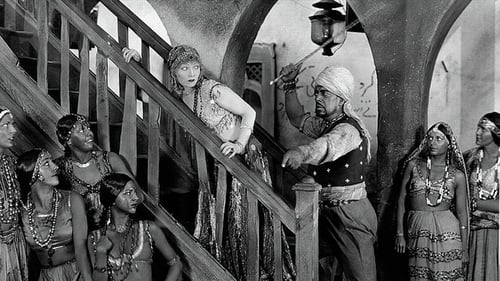
An English explorer disturbed by the practices of an isolated tribe attempts to rescue a native girl he has become fascinated with. THE DEVIL DANCER was highly praised at time of release for its exquisite cinematography, especially in the use of light and shadow. The film received an Academy Award nomination in this category. Sadly, it is among the lost. No prints or negatives are known to survive.
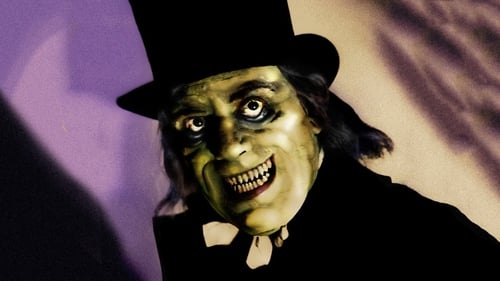
A reconstruction, made from still photographs, of the lost 1927 Tod Browning film London After Midnight (1927) starring Lon Chaney.

A German pianist is going to break up with his unfaithful wife, when he receives the message that his favourite stepchild has died. This film is believed lost.

A poor but ambitious young girl is determined to crash high society, but isn't prepared for the reception she receives.

A group of jaded 1920s socialites defile the shrine of an ancient, evil sect and suffer horrific consequences as a result. Screened publicly only once, this film is considered lost as the answer print was badly damaged following its premiere screening. No other prints are known to exist, though fragments and still photos have surfaced from time to time.
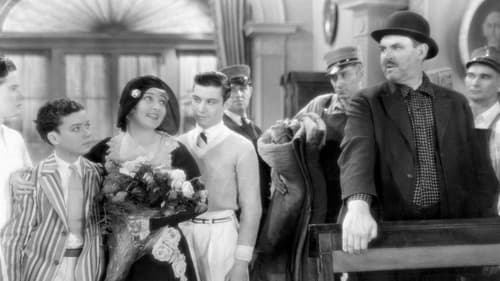
Belle Bennett plays as the widowed mother of seven children living in Sioux City, Iowa. She moves with them to Cambridge, Massachusetts in order to educate her children with culture and give them every advantage. Bennett, who is unversed in financial matters, soon faces poverty for herself and her children. She takes out a loan from an unscrupulous lender (played by Richard Tucker), who is so impressed by the charm and valiant spirit of Bennett than he neglects to ask her for collateral. Bennett, however, is only able to partially pay her creditors. Marion Nixon, Bennett's eldest daughter, is shocked by her mother's actions and attempts to sacrifice herself to Tucker in order to clear her mother's obligations, even though she is engaged to marry a well to do Harvard undergraduate, played by Rex Bell. This film is believed lost.

Nick Carraway, a young Midwesterner now living on Long Island, finds himself fascinated by the mysterious past and lavish lifestyle of his neighbor, the nouveau riche Jay Gatsby. He is drawn into Gatsby's circle, becoming a witness to obsession and tragedy.

A reporter and a detective team up to solve the murder of a nightclub singer who had been involved in a divorce scandal.

Second attempt to create a feature film out of the 200,000-plus feet of film which Soviet film-maker Sergei Eisenstein shot during 1931-32 in Mexico for American socialist author Upton Sinclair, his wife and a small company of investors. The projected film, to be called "Que Viva Mexico", was never completed due to exhaustion of funds and Stalin's demand that Eisenstein return to the USSR (he had been absent since 1929). The first attempt at editing the footage, in the USA, resulted in "Thunder Over Mexico", released in 1934. In 1940, Marie Seton, from the UK, acquired some of the footage from the Sinclairs in an attempt to make a better cutting according to Eisenstein's skeletal outline for the proposed film. This film has apparently been lost.

A super-model begins to question her glitzy, frenetic lifestyle when she awakes after a all night party to find a strange man in her bed. She sees a surfer riding the waves below, follows him to his tented camp on the banks of a river. 'Leatherlip' earns a living making leather goods and roaming around on an extraordinary 'trike' with his worldly goods and surfboard strapped on an overhead rack. They fall in love and she abandons her previous life. Then inexplicably she disappears. Leatherlip sets off on a cross-country odyssey to find her, knowing only that her father lives on a boat on the West Coast...

Hajj, a rascally beggar on the periphery of the court of Baghdad, schemes to marry his daughter to royalty and to win the heart of the queen of the castle himself. This film is believed lost.

An American adventure film serial comprised of fifteen episodes of two reels (24 min) each. All chapters are presumed lost.
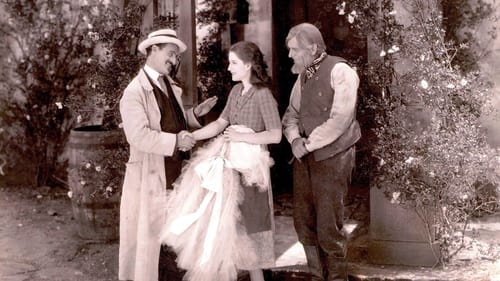
After his beloved daughter leaves for the city to pay off his debt, an old farmer goes mad when her letters become less frequent and it is suspected she may be using her body to get the money.

In a small town in Indiana in the 1890s, the domineering and ambitious Mrs. Biddle arranges a marriage between her spoiled daughter Thelma and the town's prize catch, harvester David Langston, who is wedded to the soil. David is friends with orphan Ruth Jameson and, although she is in love with him, he eventually gives in to the machinations of Mrs. Biddle and consents to marry Thelma. Meanwhile, technological advances come to town, including its first gasoline buggy, galvanic battery, and metal bathtub fitted with running water. When Mrs. Biddle tries to convince David to give up the farming life and join her husband in real estate, Mr. Biddle, hen-pecked and dissatisfied with city life, warns David against selling his farm.
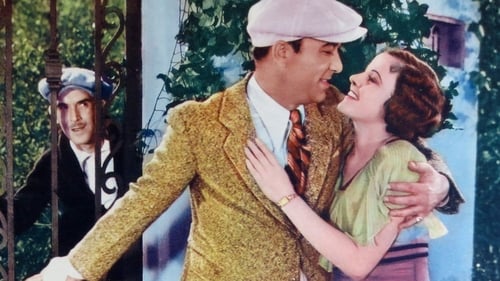
In a small town in Virginia, Faith Corey, daughter of a socially prominent family, meets and falls in love with Jerry Malone, a prizefighter, though her straitlaced mother wants her to marry Siegfried, a spellbinding "missionary reformer." Though Grandma Corey promotes the romance with the prizefighter, Mike, the fighter's hardboiled, wisecracking manager, tries to keep them apart; following a quarrel, Faith reconciles herself to marrying Siegfried, but when he invites a group of "weak sisters" to a revival meeting, he is disgraced when one accuses him of her downfall. Finally, with Mike's advice, Jerry wins back Faith and they are united with the family's blessings.
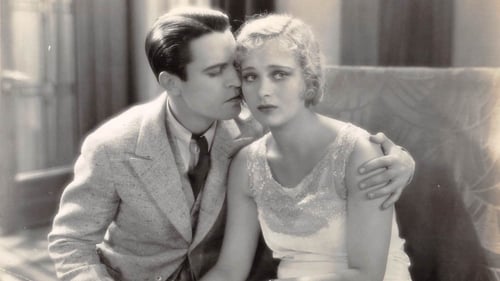
Vallery Grove is in love with Don Warren but her mother opposes the match because he is poor and has no social standing. Don decides to terminate his engagement to Vallery after attending a party where he meets a spoiled rich girl who is interested in him.

Probably the first Indian film directed by a woman. It was a big-budget fantasy abounding with special effects set in a Parastan or fairyland.

A propagandistic view of the First World War, showing the political greed of the German Kaiser Wilhelm, the resistance of some of his own soldiers, and fanciful prediction of the nature of the war's end.


















